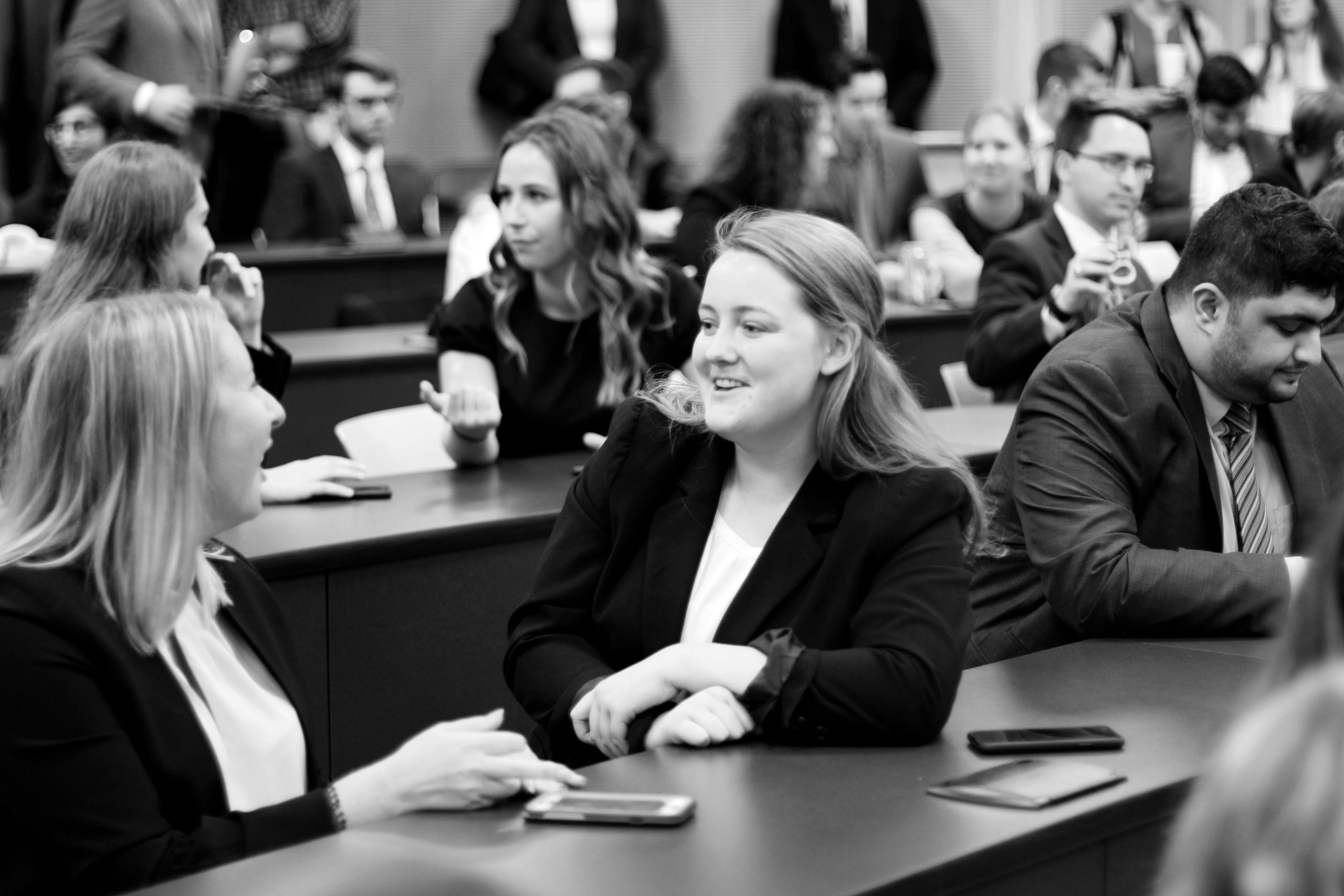Temple law professor Susan DeJarnatt and University of Verona professor Paolo Butturini met through the annual Global Legal Skills conference that brings together legal skills professors from all over the world. We have now taught together in Italy and in Philadelphia and have recently written an article about Temple’s Introduction to Transactional Skills (ITS) program. In the article, we focus on how the ITS model could be adapted to expand the teaching of experiential learning in Italian law studies. We also explore how ITS could be internationalized for American law schools. What follows is adapted from the introductory sections of the article.
American law schools face an ever-growing call for more skills training and experiential learning as part of legal education. This call is mirrored by a call for expansion of experiential learning and skills to include those beyond litigation-based writing. Italian law schools tend generally to adopt a traditional theoretical approach, offering curricular activities that rarely include skills classes or experiential learning. But this situation has been rapidly evolving in recent years. Increasing attention is being paid in Italy to the call for a more professionally-oriented legal education. Lawyers in both countries today also need to see themselves as part of the international community, not just as individuals concerned only with their localities.
An international focus is necessary because the world is going to intrude on your life and law practice no matter how domestic your focus. Are you practicing in a small town and generally taking on all clients who walk in the door? Are you an associate in a major international law firm in a metropolitan area? The country lawyer is not immune from clients whose legal issues cross international borders. Maybe you practice family law, including helping your clients become parents through artificial reproductive technology. Those issues cross borders in amazing and legally fascinating ways. Do you represent consumers in bankruptcy? Expect that you will have to figure out how to cope with a client’s ownership of land in another country.
In this article, we encourage legal educators in the US, in Italy, and elsewhere to recognize these needs and we offer suggestions for incorporating transactional skills with a cross-border dimension to help meet them. We draw on our experiences as teachers in two very different systems of legal education and our work together in Italy and the US to involve students in experiential learning of transactional skills. Although our experiences are based in Italy and the US, we see this effort itself as global and a way to help US law professors build relationships and expand teaching opportunities in other countries and in other legal systems.
The article summarizes the arguments for expanding legal education in the US and in Italy to include transactional skills education within a global context. It then offers a model for how schools can do this based on the design and pedagogy of the Introduction to Transactional Skills program at Temple. Finally, it shows how the ITS pedagogical model can be adapted to other legal issues and local needs and can transfer to other cultures.
We conclude that the ITS model has the potential and flexibility to be adapted to different systems of education and to function as a bridge between cultures—both at the country level and at the level of a law school classroom. As an introduction, ITS can play an effective role in helping law students become familiar with global issues while learning transactional skills.
The article in its entirety can be found here.
Professor DeJarnatt began teaching at Temple Law School in 1996. Her scholarly research focuses on rhetoric in the debates about bankruptcy and education reform, on the psychology of parental choice in education, and on the connections between composition theory and legal writing pedagogy.
Professor Paolo Butturini is an Assistant Professor in the Department of Law at the University of Verona. His research interests include the regulation of corporate entities with a particular focus on LLCs and financial statements. He has been a Visiting Scholar at Temple University Beasley School of Law where he co-taught a section of the Introduction to Transactional Skills program (Fall 2019).
